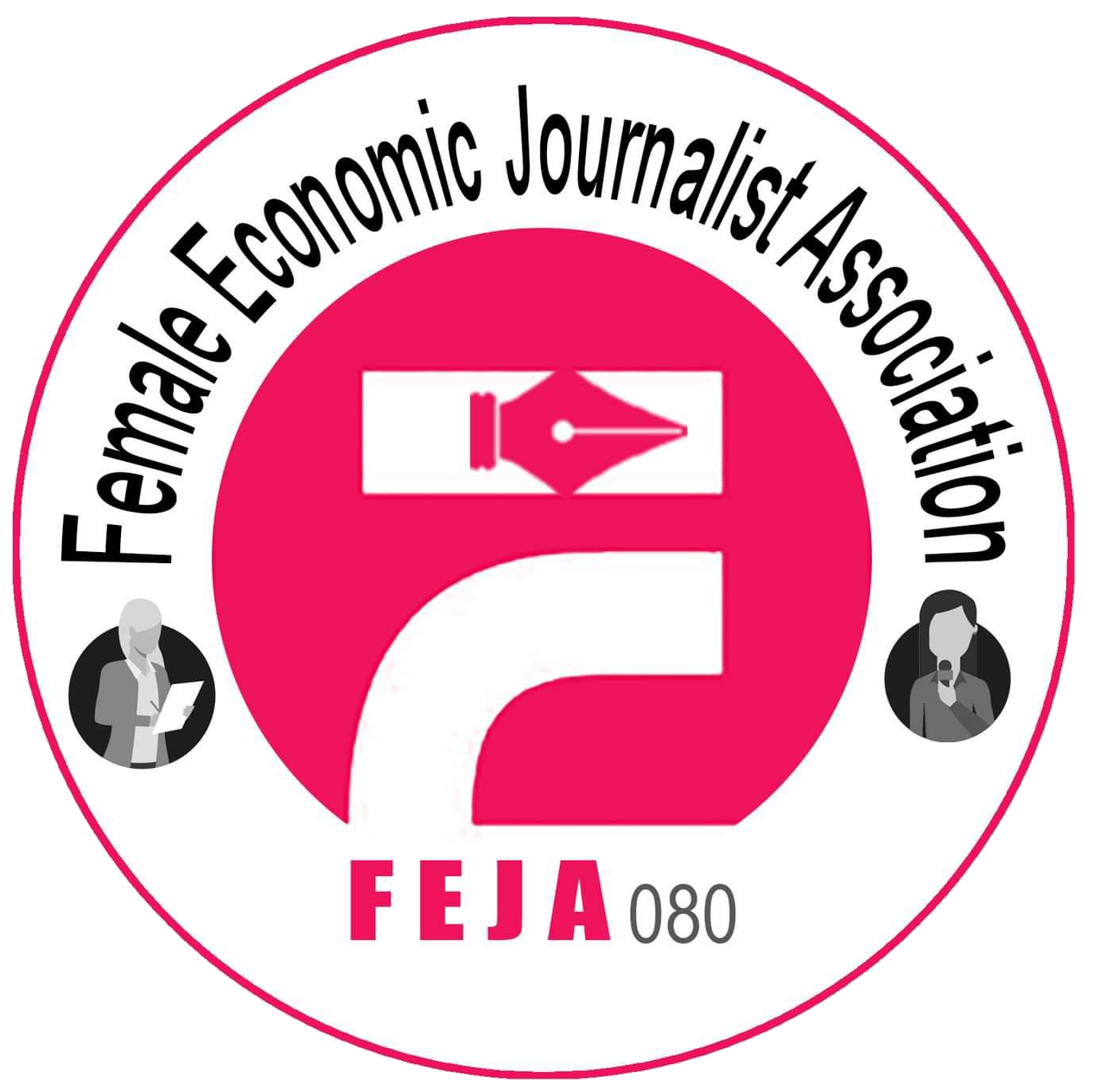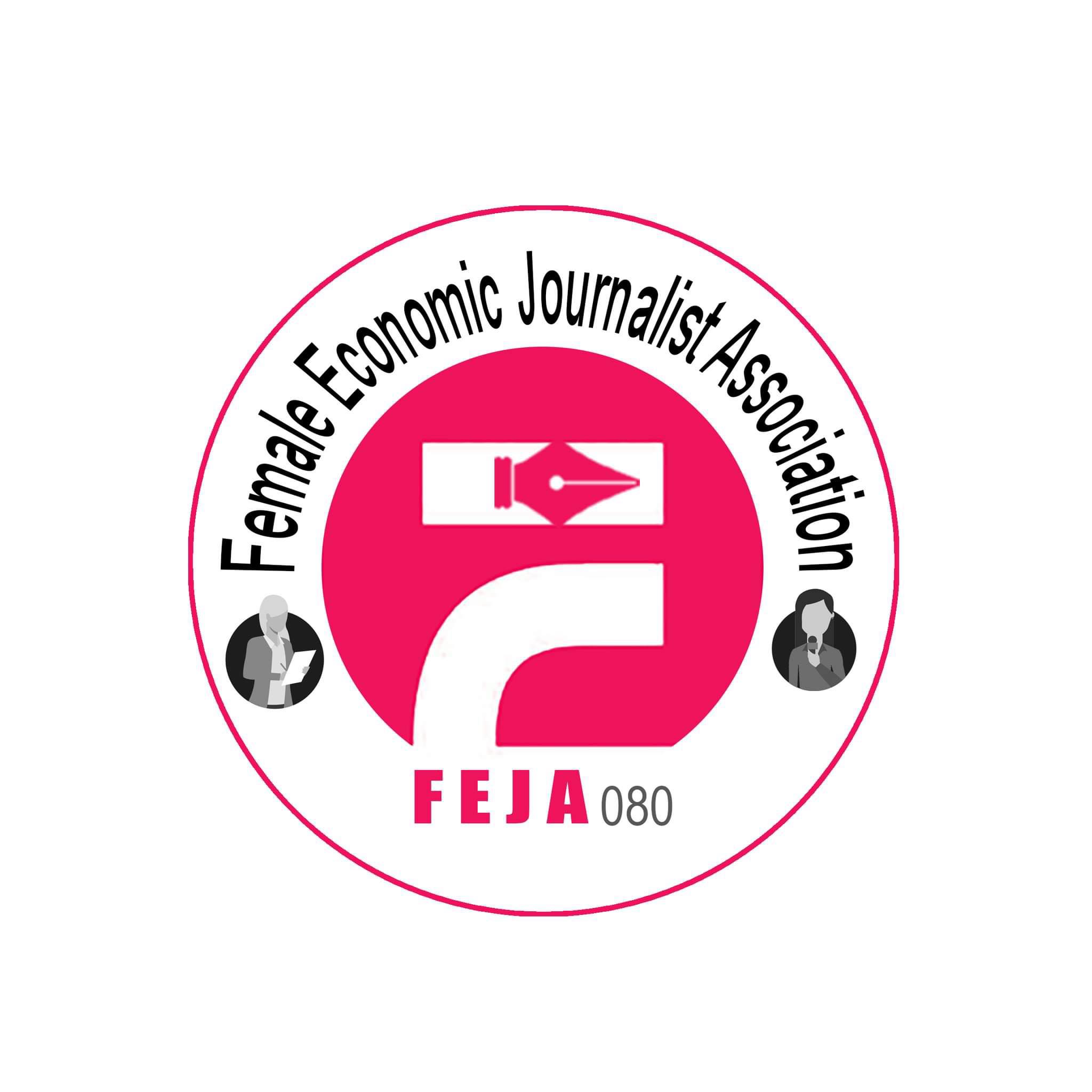Code of Ethics for Female Economic Journalist Association – FEJA 2081
1. Title, Commencement, and Scope
(a) This set of guidelines shall be known as the "Code of Ethics for Economic Journalists – FEJA 2081."
(b) It shall come into effect immediately upon endorsement by FEJA.
(c) It applies to all registered members of the Female Economic Journalists Association (FEJA).
2. Definitions
(a) An "economic journalist" refers to any Nepali citizen, affiliated with or contributing to media—print, broadcast, or digital—who covers economic issues, either independently or institutionally.
(b) "Media" includes newspapers, magazines, radio, television, news agencies, digital platforms, and any media outlet engaged in economic reporting.
(c) "FEJA" denotes the Female Economic Journalists Association.
3. Responsibilities of Economic Journalists
(a) Accuracy and Source Integrity: Journalists must report verifiable facts with clear source attribution, maintaining topic relevance and public interest.
(b) Confidentiality: Respect the privacy of individuals and organizations unless public welfare requires disclosure.
(c) Professional Standards: Uphold impartiality, integrity, and objectivity while maintaining the highest ethical and journalistic values.
(d) Respectful Conduct: Conduct oneself professionally and respectfully, adhering to social and cultural norms during assignments.
(e) National Interest: Avoid publishing or promoting content that threatens national unity, public health, or legal integrity.
(f) Transparency: Declare any potential conflicts of interest and avoid biased reporting influenced by personal gain.
4. Ethical Boundaries and Prohibited Practices
(a) Journalists shall not use privileged information for personal or third-party gain.
(b) News must not be collected or published to serve personal interests or those of any organization.
(c) Reporting should remain free from external influence or predetermined agendas.
(d) Journalists must avoid simultaneous reporting roles in multiple outlets, except as educators or consultants.
(e) Embargoed information must not be published until the embargo is lifted.
(f) Journalists must not cover institutions where they or their immediate family have financial interests or insider knowledge.
(g) Press credentials must not be used to obtain favors or non-journalistic benefits.
(h) No journalist shall mediate, influence, or negotiate on behalf of commercial entities.
(i) Sponsored content must be clearly disclosed, and the editorial head must be informed.
(j) Accepting monetary incentives outside approved grants is prohibited.
(k) Reporting must remain free from discriminatory or offensive content.
(l) Promotion of substances or products harmful to public health is strictly prohibited.
(m) Attending events for personal benefit unrelated to journalism is discouraged.
(n) Journalism must not be mixed with marketing, advertising, or endorsement deals.
(o) Reports must be fair, balanced, and offer the right to response from affected parties.
(p) Journalists must identify themselves during reporting and avoid undercover practices unless critically necessary.
(q) All investments or media ventures involving economic journalists must be legal and transparent.
(r) Foreign trips must be ethically justified, disclosed to supervisors, and must not compromise journalistic integrity.
5. Women Empowerment and Gender Responsibility
(a) FEJA encourages members to amplify women’s voices in economic reporting and strive for inclusive storytelling.
(b) FEJA promotes respectful and balanced representation of women—not in competition with men, but in partnership to reflect strength and equity.
(c) FEJA is committed to fostering an international image of empowered female journalists capable of shaping economic discourse.
6. Correction and Accountability
If any misinformation is published, journalists are obligated to issue timely corrections and ensure that factual accuracy is restored. This practice is essential to maintaining public trust and upholding media credibility.

